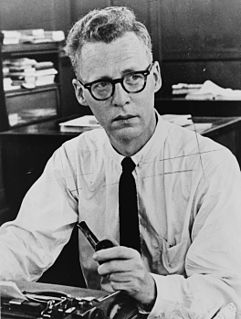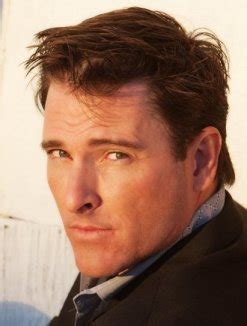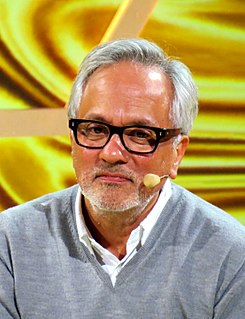A Quote by David Mitchell
...there ain't no journey what don't change you some.
Quote Topics
Related Quotes
Any experience deeply felt makes some men better and some men worse. When it has ended, they share nothing but the recollection of a commitment in which each was tested and to some degree found wanting. [...] The consequences of the journey change the voyager so much more than the embarking or the arrival.
THE MALE JOURNEY t some point in time, a man needs to embark on a risky -journey. It's a necessary adventure that takes him into uncertainty, and it almost always involves some form of difficulty or failure. On this journey the man learns to trust God more than he trusts a sense of right and wrong or his own sense of self-worth.
I think the question is, how do we live with change? Change in our friends, change in our lovers? Change in me and change in my body, from the stroke. Things have changed this plane of consciousness. We've tried to keep things the same. It causes suffering. This suffering is another step in your spiritual life, in your spiritual journey.
In some ways, Lotus Eaters is a journey disguised as a party film; there's a circus in the movie, and there are parties, but the real story is of an internal journey. There's themes of emptiness and excess and beauty and grief around it, but it's always surrounded by these glamorous events, and those are ways of waylaying her on her journey in the same way that it is in the ancient Greek story.







































